Education: a top priority
Sara Hurtarte, our fabulous Executive Director was recently in Vietnam participating in the 2019 UNESCO Forum ‘Learning and Teaching for Peaceful and Sustainable Societies: From early childhood to primary and secondary education’. This forum provided a platform to exchange experiences and innovative approaches on how to address gaps and fully harness the potential of these three domains of learning, at pre-primary, Primary Education and Secondary Education levels, in order to support sustainable development and global citizenship.UNESCO sees as essential to advance a value-based and holistic approach to learning that is truly transformational in taking Education for Sustainable Development (ESD) and Global Citizenship Education (GCED) (UNESCO 2015). For effective teaching and learning, UNESCO stresses that all three learning dimensions need to be developed:
Cognitive: To acquire knowledge, understanding and critical thinking about global, regional, national and local issues, the inter-connectedness of different countries and populations, as well as social, economic and environmental aspects of sustainable development;
Social and Emotional: To have a sense of belonging to a common humanity, sharing values and responsibilities, empathy, solidarity and respect for differences and diversity, as well as fell and assume a sense of responsibility for the future;
Behavioral: To act effectively and responsibly at local, national and global levels for a more peaceful and sustainable world.
SERES as a practitioner in the non formal education provided interesting insight on how these dimensions should be reflected and balanced in every curriculum outside or inside of school. The forum was followed by a final meeting of the Global Action Programme (GAP) Partners Networks to review and analyse the past five years which were the follow up to the UN Decade for ESD (2005-2014). In this second meeting, SERES participated as a Key Partner focusing on Mobilising Youth on ESD. For the past five years, this has been a platform to know more organizations, think tanks, networks, educational institutions and enterprises working in similar topics around the world. There are actions taking place in every region and this platform provided the space to connect them for a common goal. For the next ten years to come, we expect to continue our collaboration with other organizations and continue advancing to reaching the ESD targets for 2030.There is a great effort from UN agencies and stakeholders to include ESD into the national curriculum, in the case of Guatemala after a conversation with Hector Canto, Vice Minister of Education , we discussed about how are we including ESD in the textbooks. In our country's case, there are just a couple of editorials that produce the textbooks used within our school system. Some questions that came after the conversations were, how are they including new concepts and learning methodologies? Is ESD part of any textbook that guatemalan students are currently using? We know that we have a long way to come, but we need to start inviting important stakeholders into the conversation of Education for Sustainable Development, as education is crucial in achieving the other 16 SDGs.For SERES, we are fully committed in our mission to keep Mobilising Youth on Education for Sustainable Development through the transformation of our local communities into more resilience, sustainable and fairer communities in Central America.If you want to support our work contributing towards achieving the SDGs, and our vision to provide education that creates impact, visit www.seres.org/donate.


